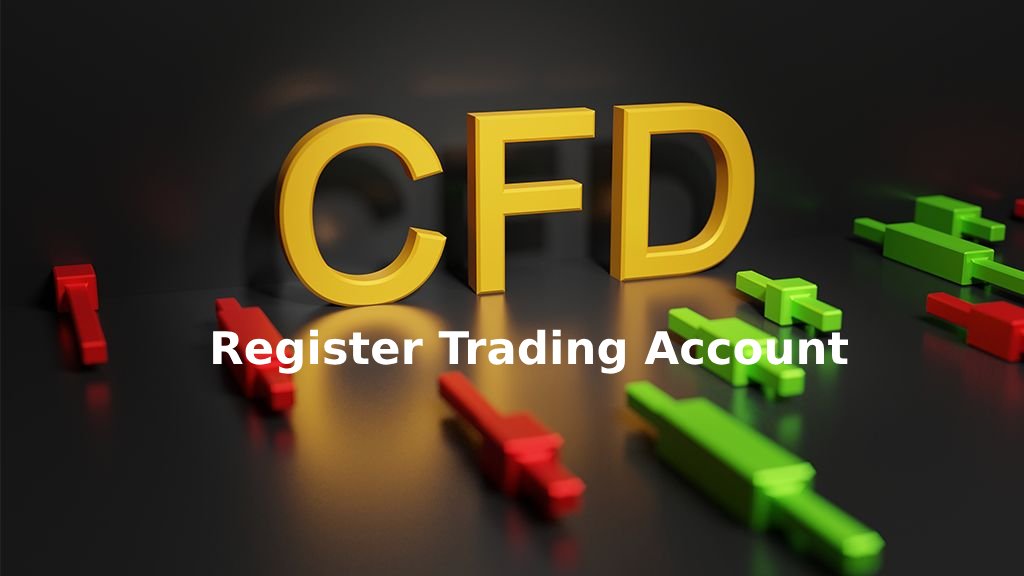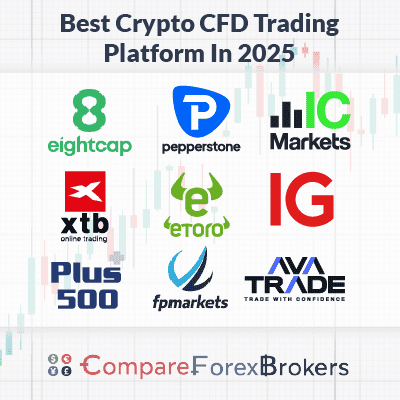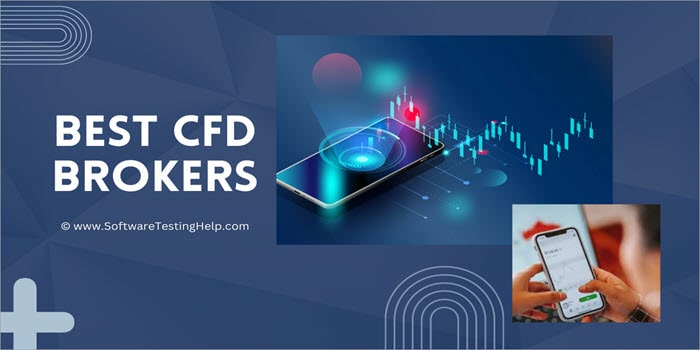
Finding the Best Forex Broker for CFD Trading
When venturing into the world of trading, particularly in contracts for difference (CFDs), selecting the best forex broker for cfd trading bestbrokercfd.com can significantly impact your trading success. With numerous brokerage options available, understanding what to look for is crucial for both novice and experienced traders alike.
Understanding CFDs
Contracts for difference (CFDs) allow traders to speculate on the price movements of various financial instruments, such as stocks, commodities, indices, and currencies, without actually owning the underlying asset. This type of trading offers unique advantages, including leverage, the ability to go long or short, and access to global markets. However, it also comes with risks that traders must carefully manage.
Key Factors to Consider When Choosing a Forex Broker for CFDs
1. Regulation and Licensing
One of the first factors to consider is the regulation of the broker. Ensure that the broker is licensed by a reputable regulatory body, such as the Financial Conduct Authority (FCA) in the UK, the Australian Securities and Investments Commission (ASIC) in Australia, or the Cyprus Securities and Exchange Commission (CySEC). Regulation helps protect your investments and ensures fair trading practices.
2. Trading Platform
The trading platform is the primary interface where you will execute your trades. Look for brokers that offer user-friendly platforms with advanced tools and features, such as charting capabilities, technical indicators, and automated trading options. Popular platforms include MetaTrader 4 (MT4), MetaTrader 5 (MT5), and proprietary platforms tailored to the needs of traders.
3. Leverage and Margin Requirements
CFDs are often traded on margin, meaning you can open a position by depositing only a fraction of the total trade value. Different brokers offer varying levels of leverage. While higher leverage can amplify your potential profits, it also increases your risk. It’s essential to choose a broker that offers leverage percentages that align with your risk tolerance and trading strategy.

4. Spreads and Commissions
Cost is a significant factor when trading CFDs. Most brokers charge a spread—a difference between the buying and selling price—while some may also impose commissions. Compare the spreads and commissions of various brokers to find one that provides competitive pricing, especially if you plan to trade frequently.
5. Range of Markets
Different brokers offer varying ranges of markets for CFD trading. Look for brokers that provide access to a diverse array of trading instruments to diversify your portfolio. This allows you to take advantage of opportunities across different markets, whether you are interested in forex, equities, commodities, or cryptocurrencies.
6. Customer Support
Reliable and responsive customer support is crucial for traders, especially when issues arise. Ensure that the broker offers multiple channels to reach support, such as live chat, email, and phone. Additionally, check if they provide support in your native language and offer extensive resources, including tutorials and FAQs.
7. Educational Resources
If you’re a beginner, it’s beneficial to work with brokers that provide robust educational resources. This could include webinars, tutorials, e-books, and market analysis. Access to educational content can help you develop your trading skills and improve your understanding of the CFD market.
8. Deposit and Withdrawal Options
Different brokers offer various payment methods for deposits and withdrawals. Ensure that the broker you choose supports methods that are convenient for you, such as credit/debit cards, bank transfers, and electronic wallets. Additionally, check for any fees associated with deposits and withdrawals, as these can affect your overall profitability.
Top Forex Brokers for CFD Trading
Based on the aforementioned criteria, here are some reputable forex brokers known for their CFD trading offerings:

1. IG Group
IG Group is a UK-based broker that is highly regarded for its extensive range of markets and competitive spreads. Regulated by the FCA, IG offers a user-friendly platform and robust educational resources, making it suitable for traders of all levels.
2. CMC Markets
With a focus on innovation and technology, CMC Markets offers a sophisticated trading platform with advanced charting tools and analysis features. They provide access to numerous CFD markets and are regulated by several authorities, including the FCA and ASIC.
3. Plus500
Plus500 is known for its intuitive trading platform and zero-commission trading on many CFD products. It offers a variety of instruments, including forex, stocks, commodities, and cryptocurrencies. Plus500 is regulated by multiple authorities, ensuring a level of security for its traders.
4. eToro
eToro stands out for its social trading feature, allowing novice traders to copy the strategies of experienced traders. With a variety of CFD markets available and a user-friendly interface, eToro appeals to both beginners and seasoned traders alike.
5. Forex.com
Forex.com is a well-established broker offering a reliable trading platform and access to a wide range of CFD instruments. The broker is regulated by the NFA and CFTC in the US, providing a secure trading environment.
Conclusion
Choosing the best forex broker for CFD trading requires careful consideration of various factors, including regulation, trading platform, costs, and the range of markets offered. By taking the time to research and compare brokers, you can find one that aligns with your trading goals and enhances your overall trading experience. Remember, a reliable and efficient broker can make a significant difference in your trading success.